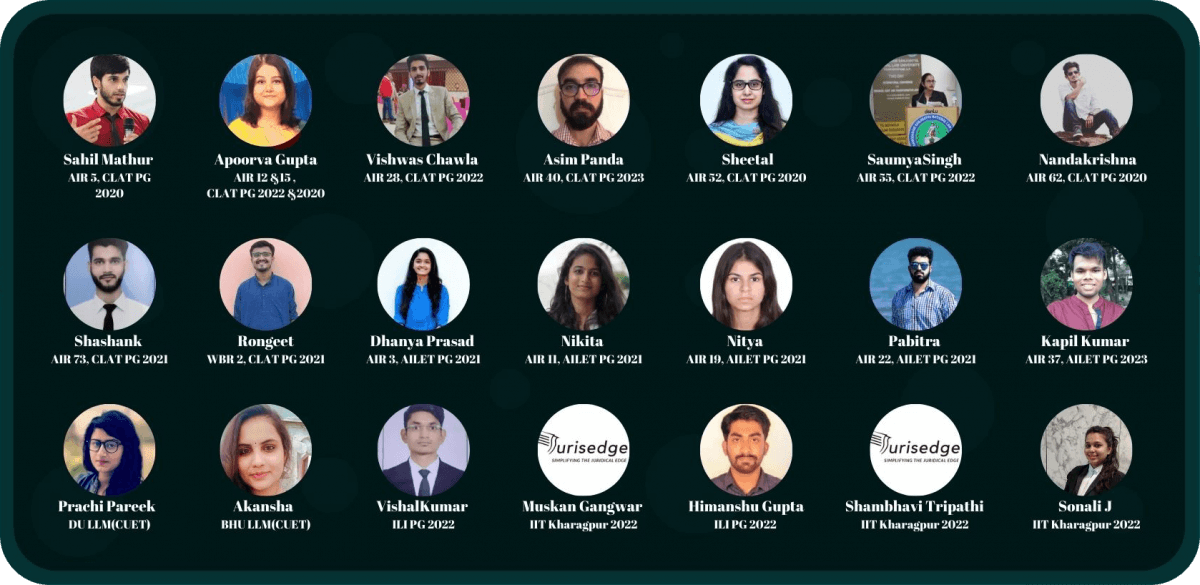The Bar Council of India (BCI), recently, scrapped the one-year
LL.M course which was introduced in the year 2013.
As per the new notification i.e. BCI Legal Education (Post Graduate,
Doctoral, Executive, Vocational, Clinical and other Continuing Education)
Rules, 2020, LL.M. has to be mandatory of two years spanning over four
semesters. The rules provide as under:
“A Master Degree Program in Law of one-year duration
introduced in India in 2013(as per notification) by the University Grants
Commission shall remain operative and valid until the Academic Session in which
these Regulations are notified and implemented but not thereafter at any
University throughout the country.”
The rules further state that graduation in law i.e. a three-year or
five-year course shall be compulsory to enroll in an LLM course. LL.B. or
BA.LLB. is the requisite entry-level qualification and any master’s degree
without the former shall not be regarded as an LL.M.. Furthermore, there shall
be a Post Graduate Common Entrance Test in Law (PGCETL) for admission to LLM
courses and it will be conducted by the BCI. Until a mechanism is finalized for
PGCETL, universities will conduct their respective entrance tests, and the
existing arrangement shall continue to exist. However, after the PGCETL is
introduced, universities will have to mandatorily admit students as per the
merit list of the entrance test.
The rules specify that w.r.t. an LL.M degree obtained from a foreign
university, the same shall be valid and recognized in India only if it is taken
after obtaining the LL.B. degree from any foreign or Indian University and is
equivalent to the recognized LL.B. degree in India. The notification states
that:
“LL.M. degree obtained from a Foreign University,
which has been prosecuted without an equivalent LL.B. degree shall not be
equivalent to Indian LL.M. degree,” it has been prescribed.
However, one-year LL.M. degree obtained after an
equivalent LL.B. degree from any highly accredited foreign university may
entitle the person concerned to be appointed as a visiting professor in an
Indian University for at least one year so as to consider such one-year LL.M.
degree with one year teaching experience as a Visiting Faculty/internee
faculty/clinical faculty the Master degree obtained on one year term may be
considered equivalent.”
The rules further state that LLM programs must be run by universities and
cannot be outsourced to affiliated institutions. The rules also stipulate other
conditions regarding LLM programs such as:
- 1:10 student-teacher ratio must
be maintained.
- There must be a maximum of 20
students in each specialization.
- There must be a maximum of 50
students in one batch of LLM program.
- The institution must have
dedicated core faculty with at least 4 Professors/Associate Professors.
Besides, LL.M the Rules also endeavour to upgrade the status of legal education and the profession. Consequently, the BCI plans on introducing two professional efficiency enhancement continuing education courses only for Advocates who are enrolled with any State Bar Council.
Related




Saurabh Kumar
Share post:
The Bar Council of India (BCI), recently, scrapped the one-year LL.M course which was introduced in the year 2013.
As per the new notification i.e. BCI Legal Education (Post Graduate, Doctoral, Executive, Vocational, Clinical and other Continuing Education) Rules, 2020, LL.M. has to be mandatory of two years spanning over four semesters. The rules provide as under:
“A Master Degree Program in Law of one-year duration introduced in India in 2013(as per notification) by the University Grants Commission shall remain operative and valid until the Academic Session in which these Regulations are notified and implemented but not thereafter at any University throughout the country.”
The rules further state that graduation in law i.e. a three-year or five-year course shall be compulsory to enroll in an LLM course. LL.B. or BA.LLB. is the requisite entry-level qualification and any master’s degree without the former shall not be regarded as an LL.M.. Furthermore, there shall be a Post Graduate Common Entrance Test in Law (PGCETL) for admission to LLM courses and it will be conducted by the BCI. Until a mechanism is finalized for PGCETL, universities will conduct their respective entrance tests, and the existing arrangement shall continue to exist. However, after the PGCETL is introduced, universities will have to mandatorily admit students as per the merit list of the entrance test.
The rules specify that w.r.t. an LL.M degree obtained from a foreign university, the same shall be valid and recognized in India only if it is taken after obtaining the LL.B. degree from any foreign or Indian University and is equivalent to the recognized LL.B. degree in India. The notification states that:
“LL.M. degree obtained from a Foreign University, which has been prosecuted without an equivalent LL.B. degree shall not be equivalent to Indian LL.M. degree,” it has been prescribed.
However, one-year LL.M. degree obtained after an equivalent LL.B. degree from any highly accredited foreign university may entitle the person concerned to be appointed as a visiting professor in an Indian University for at least one year so as to consider such one-year LL.M. degree with one year teaching experience as a Visiting Faculty/internee faculty/clinical faculty the Master degree obtained on one year term may be considered equivalent.”
The rules further state that LLM programs must be run by universities and cannot be outsourced to affiliated institutions. The rules also stipulate other conditions regarding LLM programs such as:
Besides, LL.M the Rules also endeavour to upgrade the status of legal education and the profession. Consequently, the BCI plans on introducing two professional efficiency enhancement continuing education courses only for Advocates who are enrolled with any State Bar Council.
Share this:
Related